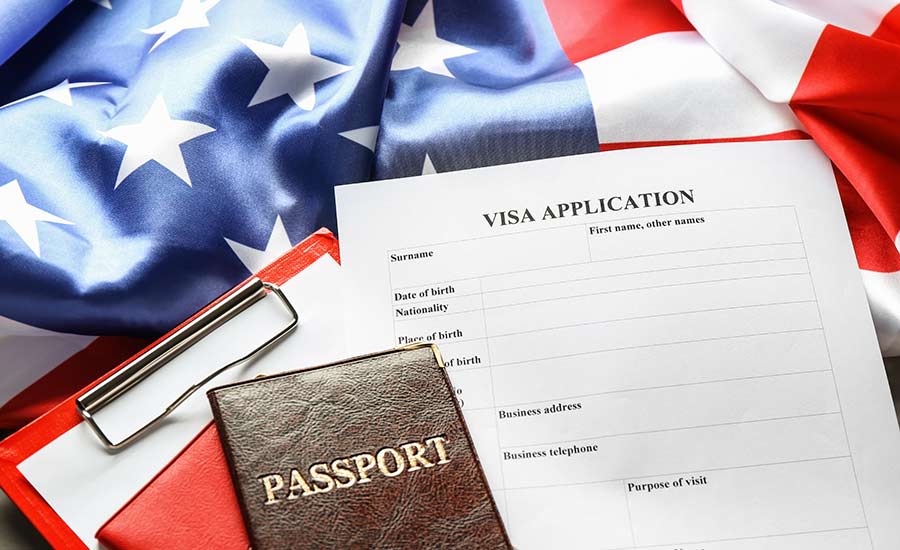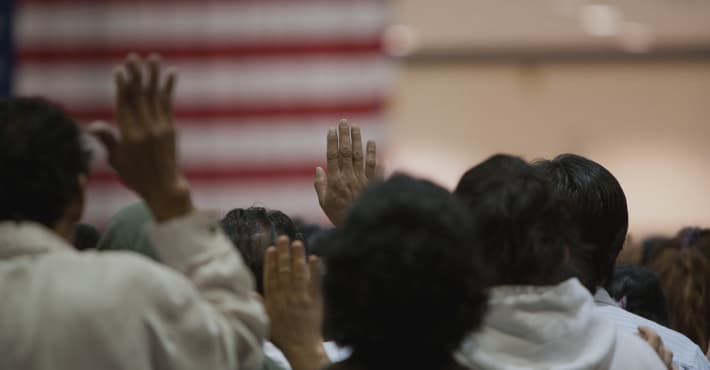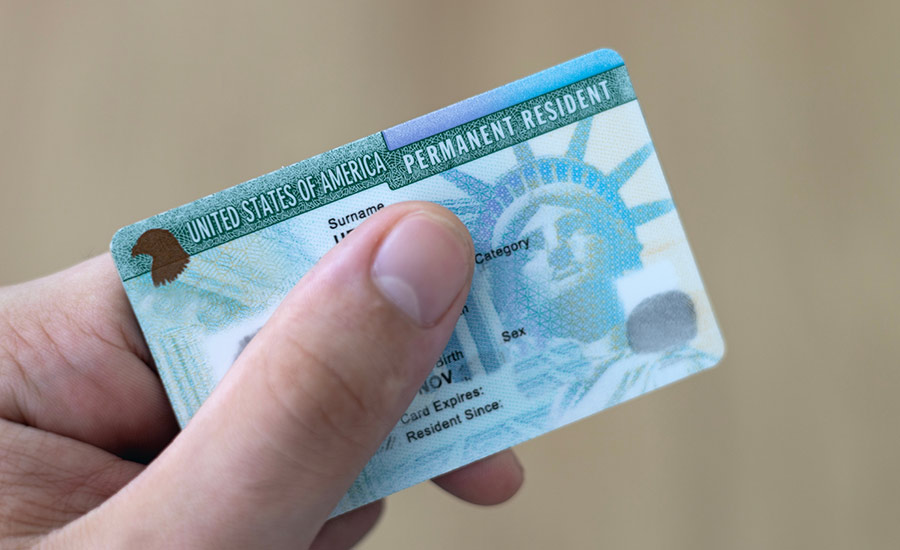

On June 4, 2025, President Trump signed Proclamation 10949, known as the Restricting the Entry of Foreign Nationals to Protect the United States from Foreign Terrorists and Other National Security and Public Safety Threats Executive Order, reviving and expanding the travel restrictions once central to his first term in office. This new order restricts entry into the United States for nationals of over a dozen countries—many of which are Muslim-majority or politically unstable—and imposes partial visa suspensions on several more.
While framed as a matter of national security, the impact on immigrant families, students, business travelers, and lawful permanent residents has been immediate and far-reaching. As of July 2025, visa denials are increasing, travel delays are mounting, and affected individuals are scrambling for clarity.
Who Is Affected by Proclamation 10949?
The proclamation imposes two levels of restriction:
- Full Entry Bans (No immigrant or nonimmigrant visas):
Applies to nationals of countries such as:- Afghanistan
- Iran
- Libya
- Somalia
- Syria
- Yemen
- Sudan
- North Korea
- Venezuela (select categories)
- Myanmar (Burma)
- Partial Visa Suspensions (Limited nonimmigrant visas) apply to countries such as:
- Nigeria
- Eritrea
- Chad
- Belarus
- Cuba
- Burundi
- Kyrgyzstan
For affected countries, visa issuance has effectively stopped at U.S. embassies abroad. Green card holders (lawful permanent residents) from these countries are not banned outright but have reported extended secondary inspections at ports of entry and unexpected denials of reentry authorization.
Key Legal Provisions
Proclamation 10949 invokes the President’s authority under the Immigration and Nationality Act (INA) § 212(f), which permits entry restrictions if the President finds that admitting certain foreign nationals would be detrimental to the interests of the United States.
Although the Supreme Court upheld a version of this authority in the 2018 case Trump v. Hawaii, the new proclamation’s broader scope and wider geographic reach are already being challenged in federal court.
Pending litigation argues that the order unlawfully discriminates based on nationality and religion, lacks transparency in how security risks are assessed, and unfairly penalizes family-based immigration.
Real-World Consequences
Families are being separated. Applicants who waited years for family reunification visas are receiving denials without meaningful explanation. International students have had visa appointments canceled or revoked mid-semester. Business travelers with valid B1/B2 visas are being turned away at the airport.
Even U.S. citizens petitioning for spouses or parents are facing roadblocks when consular officers cite the proclamation as grounds for ineligibility or delay.
In the humanitarian context, asylum seekers and refugees who previously relied on U.S. protection are now being told their claims cannot be processed due to the ban’s “national security” implications.
How Spar & Bernstein Is Responding
We are working aggressively to challenge the legal and procedural harms caused by Proclamation 10949. Our services include:
- Filing waiver requests for family members and business travelers denied visas under the proclamation
- Challenging unlawful denials or delays in federal court under the Administrative Procedure Act
- Helping green card holders obtain advance parole or travel letters before reentry
- Assisting students and researchers with the reinstatement of canceled visas
- Filing emergency humanitarian parole applications for medical or family reunification purposes
We are also working with international partners to document patterns of discrimination, delays, and denial to strengthen future litigation and oversight efforts.
What You Can Do Now
If you are from or connected to one of the affected countries, consider the following actions:
- Do not leave the United States without speaking to an immigration attorney, even if you hold a green card
- Preserve all immigration documentation, including appointment confirmations, visa notices, and consular emails
- Begin alternative petition pathways where available, such as third-country processing or humanitarian parole
- Monitor pending litigation for potential injunctions or waivers that may restore travel eligibility
Conclusion
Proclamation 10949 represents a sweeping revival of policies that many hoped were part of the past. While it does not carry the label “Muslim Ban,” its effects are similar, excluding tens of thousands of immigrants, workers, and students based solely on their nationality.
Spar & Bernstein remains committed to challenging these restrictions and supporting families, students, and professionals affected by this policy. If you or someone you know has been denied a visa, reentry, or immigration benefit due to Proclamation 10949, contact our office immediately to discuss your legal options.




